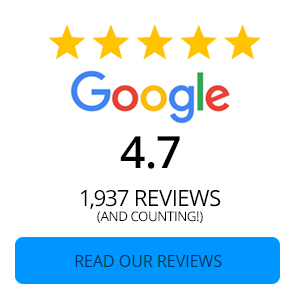Every time you get paid, a series of complex events takes place behind the scenes. Someone must verify employees' information hasn't changed, input time card data, validate recorded hours, process commission and bonuses, coordinate with the bank to administer funds, print the check, move the actual money, and then update registers. If you're exhausted just hearing about the process, imagine doing it.
It's no wonder then, that a streamlined process is in high demand.
Enter direct deposit, the electronic transfer of funds from employer to employee developed in the early 70's by the Automated Clearing House, or "ACH." Direct deposit is the hero of the story, and the answer to costly administration of payroll by a worker. At the press of a button, electronic payments go straight from employers into the checking accounts of well-deserved employees. According to the New York Fed, it was the nation's own government that originally provided the computer systems needed to digitize payroll. And when direct deposit hit the scene, employers got more than they bargained for.
Why Automate?
When a boss offers automatic deposits for his employees' paychecks, everyone wins. Most reputable companies take advantage of electronic funds transfers because businesses especially have much to gain. For starters, they don't have to pay a person to manually do the work. They also benefit by ensuring a more secure process - cutting down on the costs associated with fraud and identity theft. Keyboarding errors are no longer a problem, and no group collaboration is needed to get the job done. Further, employers reap the rewards of happier employees, something money can't buy.
Benefits of the Benefit
When applying for a job, many candidates are bemused to find direct deposit named as a corporate benefit. It shouldn't surprise you to see it listed as a job perk, though because there are a host of advantages that come with the benefit of electronic payroll transfers. Here are just a few.
- It saves time. When it comes time spent on payroll, not only is your company's accountant off the hook, so are you. Auto-transferred payroll means your money spends less time in transit, and more time in your account where it belongs.
- It's painless to enroll. Setting up direct deposit couldn't be easier. Ask your manager how to get started. Be prepared to supply your checking account number, routing number, the address of your financial institution, and possibly a voided check.
- It's more secure. Electronic transfers are safer, sending money instantly from one institution (your employer) to another (your credit union).
- It's predictable. There's nothing worse than going to your manager for a paycheck and learning that the team's checks aren't ready yet. Old-fashioned paychecks get held up for a host of reasons, but if you're enrolled in direct deposit, you can sidestep all of them.
- It's streamlined. Especially if you're enrolled in other , payday deposits make sense. You're already managing your budget and accounts online, and nothing is more gratifying than the sudden appearance of that hard-earned paycheck on payday.
Before direct deposit, accountants finished processing payroll only to start the whole process again immediately, because it took so much time to administer. Talk about a hamster wheel. Now, both employers and professionals reap the benefits - literally - of quick, painless payments for a job well done.
Image Source: Flikr

